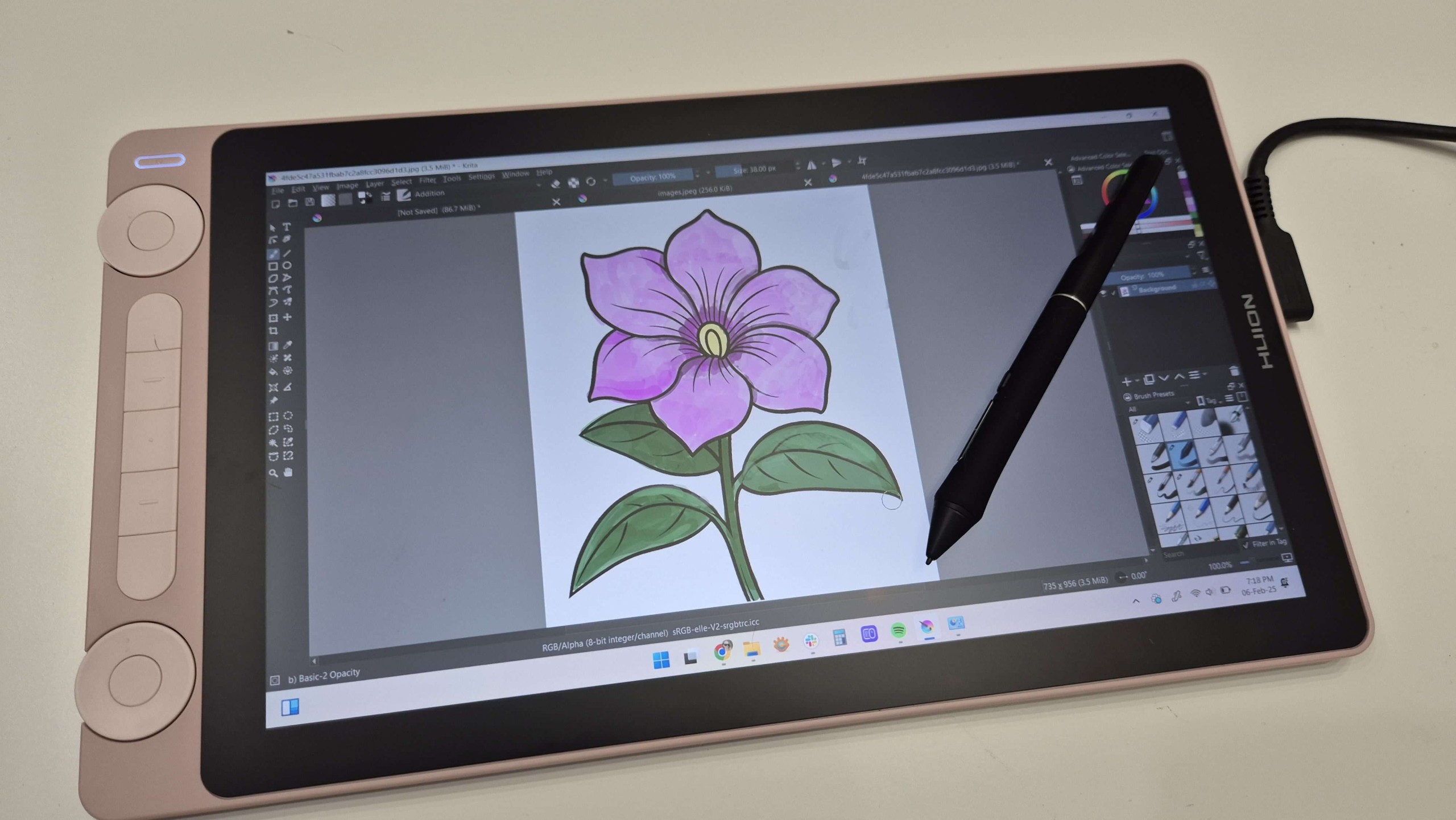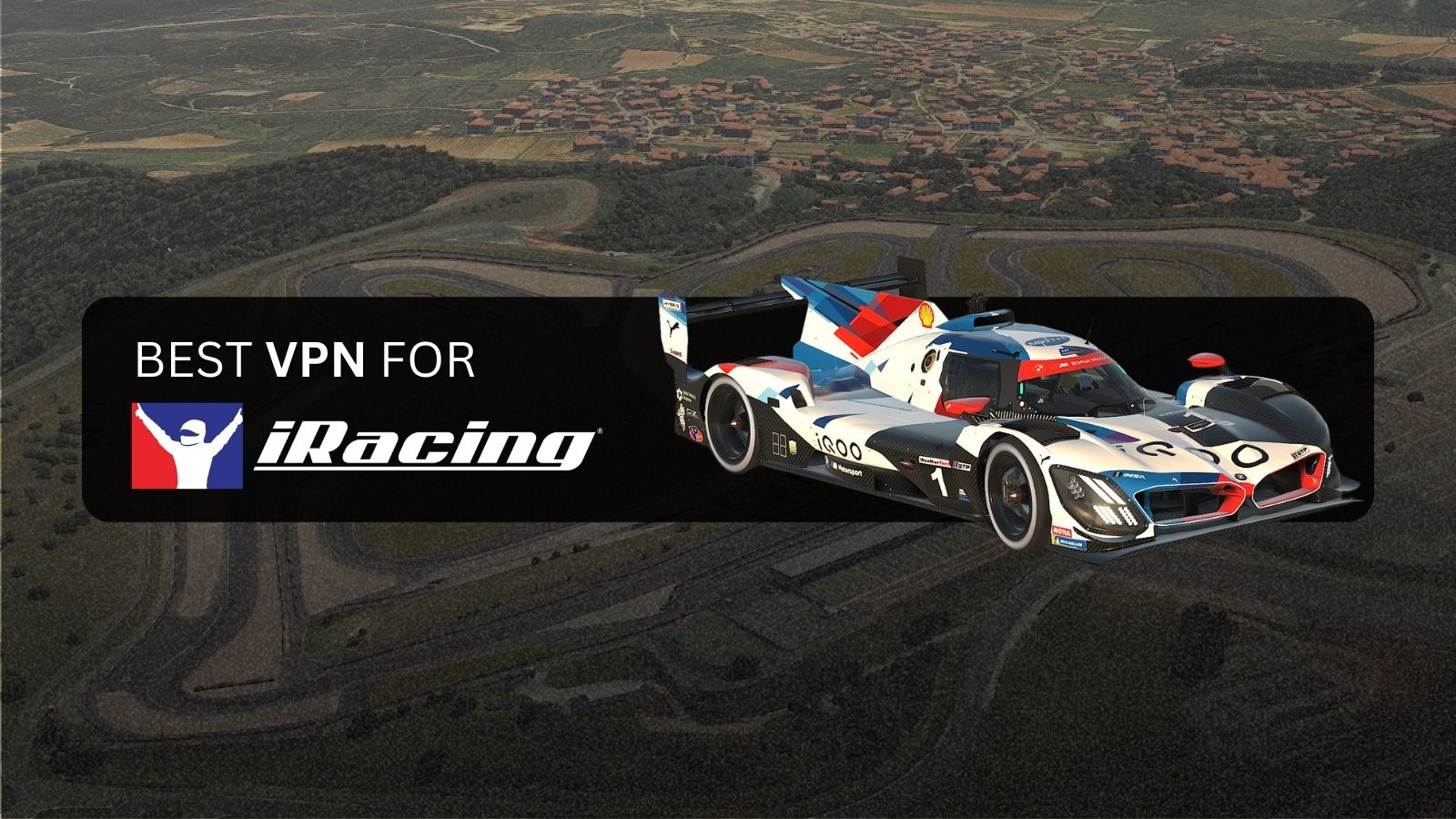
The Best CPU for Gaming to Buy in 2019 For Gamers of All Budgets
CPUs today are capable of doing tasks that were once considered highly complex. Among various software, games can actually push the hardware to its limits so a CPU capable of handling modern games is in an indication of an overall good performance.
While considering the best CPUs for gaming, it is important to keep a few factors in mind. The core counts and clocks are important, but it does not mean higher core counts imply better gaming performance. Most games are still reliant on single-thread code so having too many cores can have a negative impact unless you are also using the CPU for other productive tasks. Also, at higher resolutions such as 1440p or 4K, gaming performance gets increasingly dependent on the GPU than on the processor. Most Intel CPUs and several AMD APUs have built-in integrated graphics but it is best not to rely on them if high-fidelity gaming is what you are after.
Intel has traditionally ruled the gaming space due to its emphasis on clocks and single-thread performance whereas multi-core performance has been AMD's stronghold. The latest generation processors from both Intel and AMD have adopted the best of both strategies so there's never been a better time to invest in a good gaming processor.
With that information, here are the 10 best CPU for Gaming to buy in 2019.
1. Intel Core i9-9900K
- Cores/Threads: 8/16
- Base/Boost Clock (GHz): 3.6/5.0
- L3 Cache (MB): 16
- TDP (W): 95
- Chipset: Intel 300 series
- Integrated Graphics: Intel UHD Graphics 630
The Intel Core i9-9900K leads the pack as the best CPU for gaming in 2019. It is belongs to the Intel Coffee Lake family and is made on a 14nm++ FinFET fabrication process as a response to AMD's surging dominance in the mainstream desktop CPU market. The Core i9-9900K features 8 cores and 16 threads and can turbo boost up to 5 GHz under a 95W TDP envelope. Overclockers will rejoice as this CPU is multiplier-unlocked so you can overclock it depending on the extent of cooling you can provide. A liquid cooling solution is recommended for maximum thermal performance.
The Core i9-9900K brings good multi-core performance as well that can actually compete with AMD's offerings. This is easily one of the best CPUs currently available for streaming and gaming at once without breaking a sweat. The Core i9-9900K is the best CPU you can get for gaming today and with adequate cooling, there are no major throttling issues to be worried about.
- Pros: Excellent single and multi-core performance; Great for gaming and video editing
- Cons: Expensive; Not very energy efficient
2. Intel Core i5-8400
The Intel Core i5-8400 is an excellent budget mid-range processor for desktop gaming and productivity. The 8400 belongs to the 8th generation Intel Coffee Lake family and is fabricated on a 14m++ process. There is no hyperthreading support as it offers 6 cores and only 6 threads. The base clock is at 2.8 GHz, which is somewhat on the lower end but the boost clock at 4 GHz is easily attainable with proper cooling.
This is a nice upgrade over previous generation Intel CPUs and the single-core performance has been vastly improved. Multi-core performance is on par with the Core i5-8600K. Therefore, this is one of the best processors for gaming and other similar workloads. Unfortunately, this is not a processor of choice for overclockers as this is not an unlocked chip. Due to the lower TDP, the cooling requirements are also on the lower side although, using an advanced air or liquid cooler can help with sustaining the boost clocks.
- Pros: Good for gaming and productivity
- Cons: Not unlocked
3. AMD Ryzen 5 2400G
- Cores/Threads: 4/8
- Base/Boost Clock (GHz): 3.6/3.9
- L3 Cache (MB): 4
- TDP (W): 65
- Chipset: All Ryzen chipsets
- Integrated Graphics: AMD Radeon RX Vega 11
The Ryzen 5 2400G is an Accelerated Processing Unit (APU) that combines the best of AMD CPU and GPU technology into one package. The latest generation APUs come with integrated Radeon Vega graphics that offers decent hardware acceleration for games and applications. The Ryzen 5 2400G offers 4 cores and 8 threads with a base clock of 3.6 GHz and a boost clock up to 3.9 GHz. The onboard Vega graphics is much better than what you get in Intel offerings with 11 compute units and a 1,250 MHz clock. Overclockers will like the fact that both the CPU and GPU are unlocked. This makes it one of the best Ryzen CPUs for gaming and also for productivity without the immediate need of investing in a dedicated GPU.
Performance-wise, the 2400G is faster than an Intel Core i7-7700HQ and is on par with the last gen Ryzen 5 1500X. Thermal throttling is not very evident even under load. However, make sure to pair it with the fastest RAM possible as the Vega 11 GPU makes use of system RAM. Gaming on the Vega 11 is on par with a dedicated NVIDIA GeForce MX 150 and is good enough for an integrated GPU. Therefore, while you can game at low details but don't expect high frame rates at high settings. All existing and upcoming Ryzen motherboards support the Ryzen APUs.
- Pros: Good iGPU performance; Value for money
- Cons: Low L3 cache; Low core count
4. AMD Ryzen 7 2700
- Cores/Threads: 8/16
- Base/Boost Clock (GHz): 3.2/4.1
- L3 Cache (MB): 16
- TDP (W): 65
- Chipset: All Ryzen chipsets
- Integrated Graphics: None
The AMD Ryzen 7 2700 is a scaled-down version of the flagship Ryzen 7 2700X. The differences are minimal, though and you will be essentially getting the same performance for a lot less money. The Ryzen 7 2700 makes for one of the best AMD processors for gaming and is also great for creative workflows given its 8 core 16 thread configuration. The best part about the Ryzen 7 2700 is that although the stock speeds are somewhat lesser, it allows a lot of room for overclocking. AMD bundles a capable Wraith cooler that should be sufficient for most overclocking scenarios but you can always use a watercooling setup for even better results.
The Ryzen 7 2700 is fully unlocked. However, there is a thermal constraint due to the low TDP value of 65W. Therefore, you might hit into limits if you overclock it beyond a certain clock speed. However, stable overclocks up to 4.1 GHz can be easily attained. For the asking price of the CPU, the Ryzen 7 2700 is an easy recommendation for the best gaming CPU in 2019. Just ensure that you pair with a capable discrete graphics card that can game at 1440p or above for the best results.
- Pros: Great for gaming; Good overclocking potential
- Cons: TDP value is somewhat lower
5. AMD Ryzen 3 2200G
- Cores/Threads: 4/4
- Base/Boost Clock (GHz): 3.5/3.5
- L3 Cache (MB): 4
- TDP (W): 65
- Chipset: All Ryzen chipsets
- Integrated Graphics: AMD Radeon RX Vega 8
For the value-conscious gamer, the AMD Ryzen 3 2200G is a very effective gaming CPU and is one of the best gaming CPUs under $100. There are no fancy core counts or overclocking stuff here but the processor has enough muscle to get the job done. What's more, you also get a fairly capable Radeon RX Vega 8 GPU integrated that allows you to game reasonably at 1080p in modern games as long as you are not too demanding on graphics quality. The Ryzen 3 2200G has 4 cores and 4 threads. This means there is no SMT or hyperthreading support. It also has no turbo boost and operates at a fixed 3.5 GHz clock. That being said, the GPU and CPU are both unlocked so you can try overclocking both of them as long as you are within reasonable thermal limits.
The integrated Radeon RX Vega 8 has 8 CUs, which should come in quite handy for those who are not yet willing to invest in a discrete graphics card. While the Vega 8 does a good job, remember that it uses system RAM as a video frame buffer so you have to pair with the fastest RAM supported to get the most out of it. The CPU supports DDR4 RAM up to 2933 MHz so anything above the 2400 MHz mark should work well with this CPU. As always, you can still reap the benefits of AMD's multicore prowess by adding a discrete GPU later on.
- Pros: Great for budget gamers; Supports all Ryzen platforms
- Cons: No SMT; Limited overclocking potential
6. Intel Core i7-9700K
- Cores/Threads: 8/8
- Base/Boost Clock (GHz): 3.6/4.9
- L3 Cache (MB): 12
- TDP (W): 95
- Chipset: Intel 300 series
- Integrated Graphics: Intel UHD Graphics 630
The Intel Core i7-9700K is one of Intel's best bets in the gaming CPU market. It is in many ways a departure from Intel's conventional naming scheme as it does not offer hyperthreading. Therefore, unlike the 9900K that offers 8 cores and 16 threads, you are limited to only 8 cores and 8 threads in the 9700K. Not having high thread counts should not pose much of an issue as the Core i7-9700K is being targeted as a gaming CPU and there aren't too many games that are optimized for multi-threaded operations. For those who feel the 9900K is very expensive, the 9700K offers excellent performance for gaming at a much lower bargain.
Since it is essentially the same CPU, the performance of the 8700K and the 9900K are not very different when it comes to single-core scores. However, lack of hyperthreading in the 9700K presents an issue when it comes to multi-core scores. That being said, if you are primarily a gamer, this will not matter much and the 8 threads are actually capable of some good productivity as well. Compared to the AMD Ryzen 7 2700X, the Core i7-9700K easily beats it the former when it comes to gaming at 1080p. At 1440p and above, the differences are minimal and are more GPU dependent. The Core i7-9700K is multiplier unlocked so you can overclock it even further. If you ensure appropriate cooling, throttling is not that easily observed.
- Pros: Great for gaming; No throttling at load
- Cons: No hyperthreading
7. Intel Core i9-7900X
- Cores/Threads: 10/20
- Base/Boost Clock (GHz): 3.3/4.5
- L3 Cache (MB): 13.75
- TDP (W): 140
- Chipset: Intel X299
- Integrated Graphics: Intel UHD Graphics 630
The Intel Core i9-7900X is a very powerful processor that actually falls in the HEDT category. However, it also makes for a good CPU for gaming as long as you can justify its massive price tag. Being a HEDT platform, it comes with the advantages of having high PCI-e lane counts, higher core counts, and a lot more overclocking potential than consumer processors. While having more core counts can sometimes be detrimental for gaming, the advantage of this processor lies in the fact that you can easily deploy a quad-SLI or quad-CrossFire setup and still be left with enough PCI-e lanes for connecting multiple NVMe SSDs in RAID configurations. Such setups are best used with liquid cooling to maximize the overclocking potential.
The Core i9-7900X has 10 cores and 20 threads. They will definitely come handy during creative workloads but the performance in games is not too different from that of the Core i7-8700K. Therefore, unless you are really into both content creation and gaming, it makes sense to go for some of the other processors in this list.
- Pros: Powerful for creative pros; High PCI-e lane count
- Cons: Not really better over the Core i7-8700 for most games
8. Intel Core i7-8700K
- Cores/Threads: 6/12
- Base/Boost Clock (GHz): 3.7/4.7
- L3 Cache (MB): 12
- TDP (W): 95
- Chipset: Intel 300 series
- Integrated Graphics: Intel UHD Graphics 630
It may be a generation older by now but the Core i7-8700K is still a formidable gaming CPU and will easily take whatever game you throw at it and many upcoming demanding titles as well. The Core i7-8700K has 6 cores and 12 threads, which should be sufficient for efficiently carrying out most single and multi-threaded workflows. The base clock is at 3.7 GHz and it can boost up to 4.7 GHz thanks to Turbo Boost. Since this is a "K" series processor, it is fully multiplier unlocked so you can overclock it to further push performance.
The performance of the Core i7-8700K is a marked improvement over its predecessor. The integrated graphics is fine for light casual gaming and it can easily drive a couple of 4K displays without breaking a sweat. Performance in most applications including mult-threaded workflows is excellent and the lesser number of cores than the current 9th generation means that games optimized for more single-threaded performance will find immense benefit.
- Pros: Good gaming performance; Capable multi-core performance
- Cons: None as such
9. AMD Ryzen 5 2600X
- Cores/Threads: 6/12
- Base/Boost Clock (GHz): 3.6/4.2
- L3 Cache (MB): 16
- TDP (W): 95
- Chipset: All Ryzen chipsets
- Integrated Graphics: No
The AMD Ryzen 5 2600X is the one to go for if you are looking for the best AMD processor for gaming. It is cheaper than the flagship Ryzen 7 2700X but offers good performance for both games and multi-threaded apps. The Ryzen 5 2600X offers 6 cores and 12 threads and supports the same high-end features as the 2700X including Precision Boost, XFR2, etc. The improvements over the previous generation are not that high to warrant an upgrade if you already own the Ryzen 5 1600X. However, it makes for a great upgrade over older generation processors. The 2600X makes for one of the best CPUs for home use and given the lower core count, can do gaming extremely well.
Like most AMD CPUs, the Ryzen 5 2600X also comes with the Wraith Spire cooler included. The Wraith Spire is not as flashy as the Wraith Prism in the 2700X as it lacks RGB lighting. However, the cooling performance is good overall and in most cases, you might not have to go for an aftermarket cooler. The Wraith Spire also ensures that throttling is minimal and performance is consistent over long periods of load. Gaming at 1080p and 1440p is an easy task for the Ryzen 5 2600X as long as you have the appropriate graphics card. 4K gaming is also good but you might run into CPU bottlenecks due to the lower clock speeds compared to Intel's offerings. That being said, the AMD Ryzen 5 2600X is one of the best value for money CPUs in the market and the price to performance ratio is unbeatable.
- Pros: Excellent value for money; Great for all-around work
- Cons: None as such
10. AMD Athlon 200GE
- Cores/Threads: 2/4
- Base/Boost Clock (GHz): 3.2/3.2
- L3 Cache (MB): 5
- TDP (W): 35
- Chipset: All Ryzen chipsets
- Integrated Graphics: AMD Radeon RX Vega 3
Not everyone needs to game at ultra-high resolutions and most users can get by fine with an entry-level CPU as long as they have a capable GPU. The best part about the AMD Athlon 200GE is that this processor has a Vega 3 GPU core integrated that can play less demanding games with good detail. In fact, popular games such as League of Legends, DOTA 2, World of Warcarft, Dirt, etc. can be played at various detail levels depending on the complexity of the game and resolution. Of course, adding a discrete GPU will offer even more performance and the low core count and high speed of the Athlon 200GE should play their part in a smooth gaming experience.
The Athlon 200GE offers 2 cores and 4 threads and runs at a base clock of 3.2 GHz. There is no boost clock but this speed should be sufficient for most daily productivity workflows. Moreover, this processor can also make a good media center PC or a streaming device. The best part is that it is made for the same AM4 socket as the other Ryzen CPUs and all Ryzen motherboards can support it. It is undoubtedly one of the best AMD processors for gaming in the budget segment.
- Pros: Excellent value for money; Integrated Vega 3 graphics
- Cons: None as such
So those were our thoughts on the best CPU for Gaming to buy in 2019. Remember to weigh-in your priorities before splurging on one so that you save time and money in getting them perform up to speed. Also, note that it is important to supplement the gaming CPUs above with a good discrete graphics card to get the most out of your setup.
Feel free to let us know in the comments if you have any queries and we'll try to get back at the earliest.
Don’t forget to follow TechNadu on Facebook and Twitter. Thanks!











